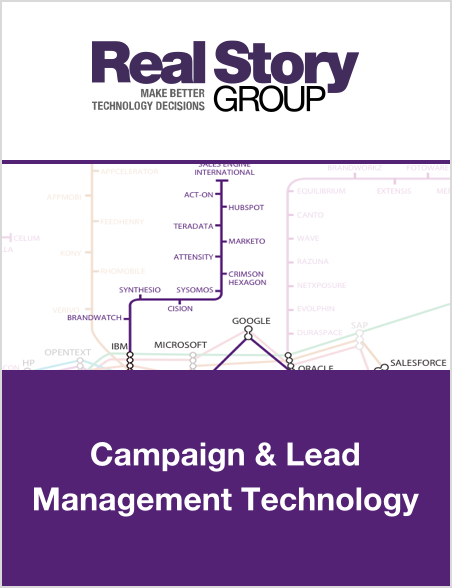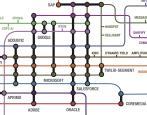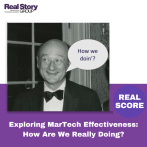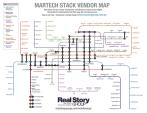Tech Selection Series: Assessing Risk and Maturity
Welcome to the latest segment of RSG's "Real Story Vendor Procurement" (RSVP) best practices series.
Assessing program risk and organizational maturity offers a reality check on both the potential downsides of your new technology investment and your ability to implement and execute effectively. In turn, both considerations should impact your selection decision-making.
Risk
Your leadership or your process will often dictate a statement of risks up front. You can start by forming a list of potential project or business risks and then assess the likelihood of each. In other words, what are the chances of this problem befalling you? Next, look at the impact, how serious could each problem turn out to be? Then you can start working on mitigation options. (This might be a good time for an advisory call with an RSG analyst.)
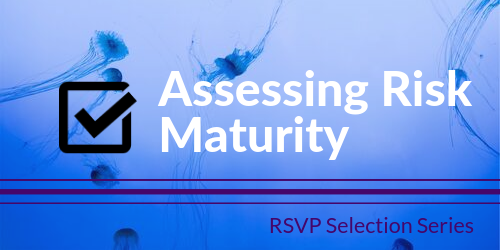
Key Questions to Assess Your Maturity
- Have you implemented this sort of solution before?
- Have you selected and implemented any technology on this scale before? If so, what lessons did you learn?
- What in-house resources can you bring to bear?
- Do you have access to trusted outside advisors at each phase?
Note, you can always assess your as-is readiness with Real Score to see how you stack up today.
Maturity and Complexity: Influencing Platform decisions
Next: how mature is your organization? This should impact the level of complexity you're going to be able to support in any future solution.
The platform-product spectrum is a key differentiator among vendors solutions. For a detailed look at the differences consult RSG's advisory paper on the platform product spectrum (login required).
Platforms are attractive because with the right internal savvy, expertise and resources, you can develop very powerful applications. Unfortunately, platforms tend to cost more, especially over the long run.
Solutions that are more productized may be prove flexible in the long run, and can solve simpler problems faster, usually requiring fewer internal resources. So they will support simpler use cases and less mature organizational environments, but typically bring functional limitations, including around integration possibilities.
A close assessment of your own internal maturity will help place yourself more successfully on the spectrum. In either case, the key lesson here is that before you go out and take a hard, critical look at the market, first take a hard, critical look at yourself. How much technology can you reasonably handle today?
Next Steps
If you're selecting digital marketing / engagement technology, be sure to check out RSG's hard-hitting vendor evaluation research.
The next edition of the RSVP selection series will cover Identifying Needs and Opportunities. See you next week...
Other Posts in the RSVP Selection Series
Establish Business Foundations
- Articulate a Business Case
- Assessing Risk Maturity (you are here)
Identify Needs and Opportunities:
- Testable Scenarios (coming next week)
Conduct Market Analysis:
- Researching the Marketplace (coming later)
- Creating a Target List (coming later)
Communicate with Suppliers:
- Developing your RFP (coming later)
- Issuing an RFP Tender (coming later)
- Bidder Questions (coming later)
- Evaluating Vendor Proposals (coming later)
Try Before You Buy:
- Conducting Demos (coming later)
- Filter to Final Lists (coming later)
- Run of Competitive Proof of Concepts (coming later)
Make the Right Choice
- Pilot Solution (coming later)
- Negotiating Pricing and Contracts (coming later)
What's Next
- Implementation (coming later)




